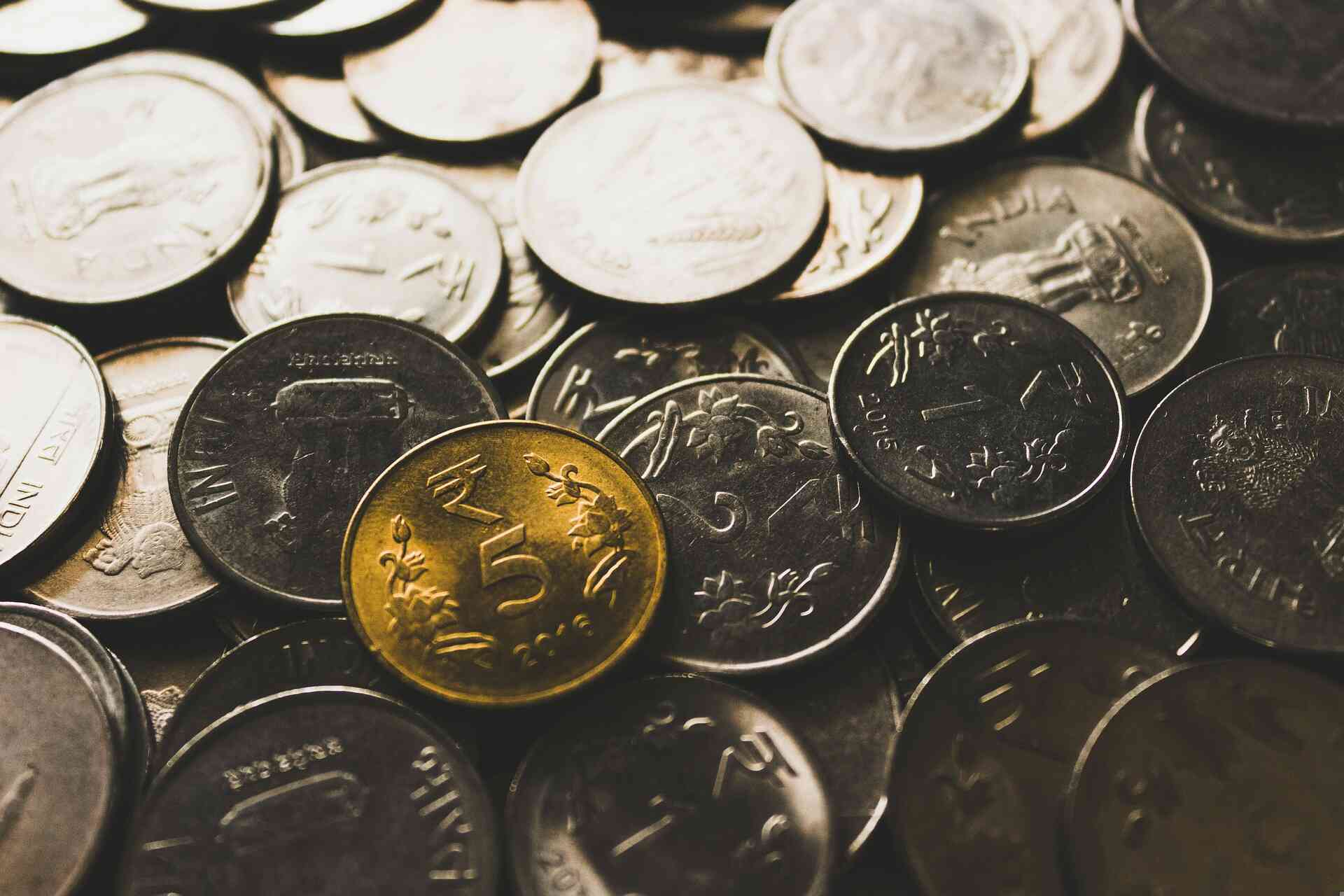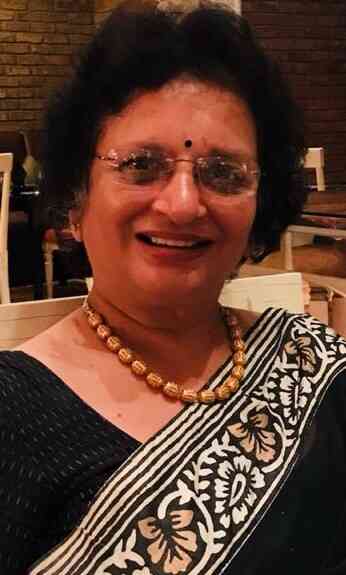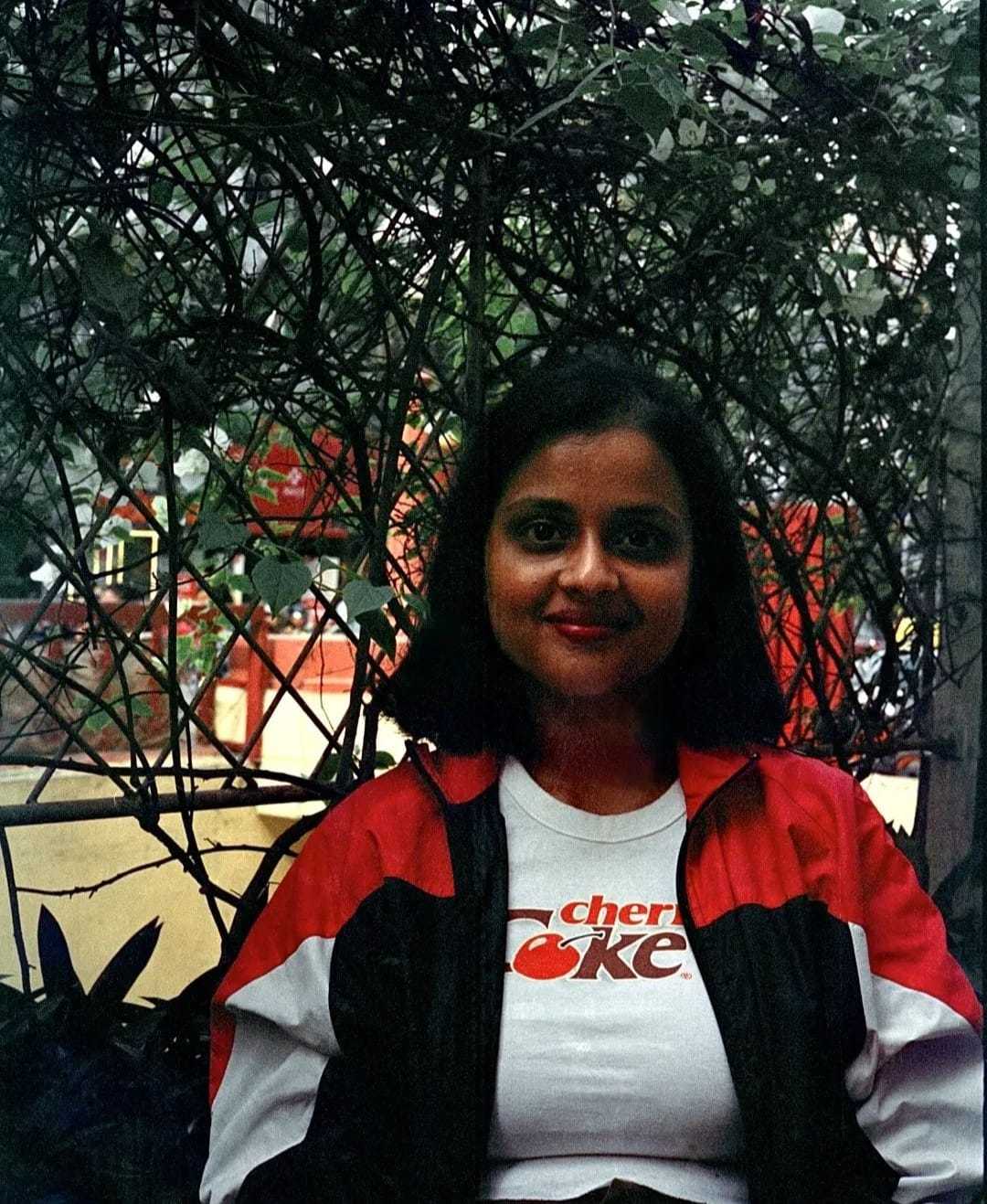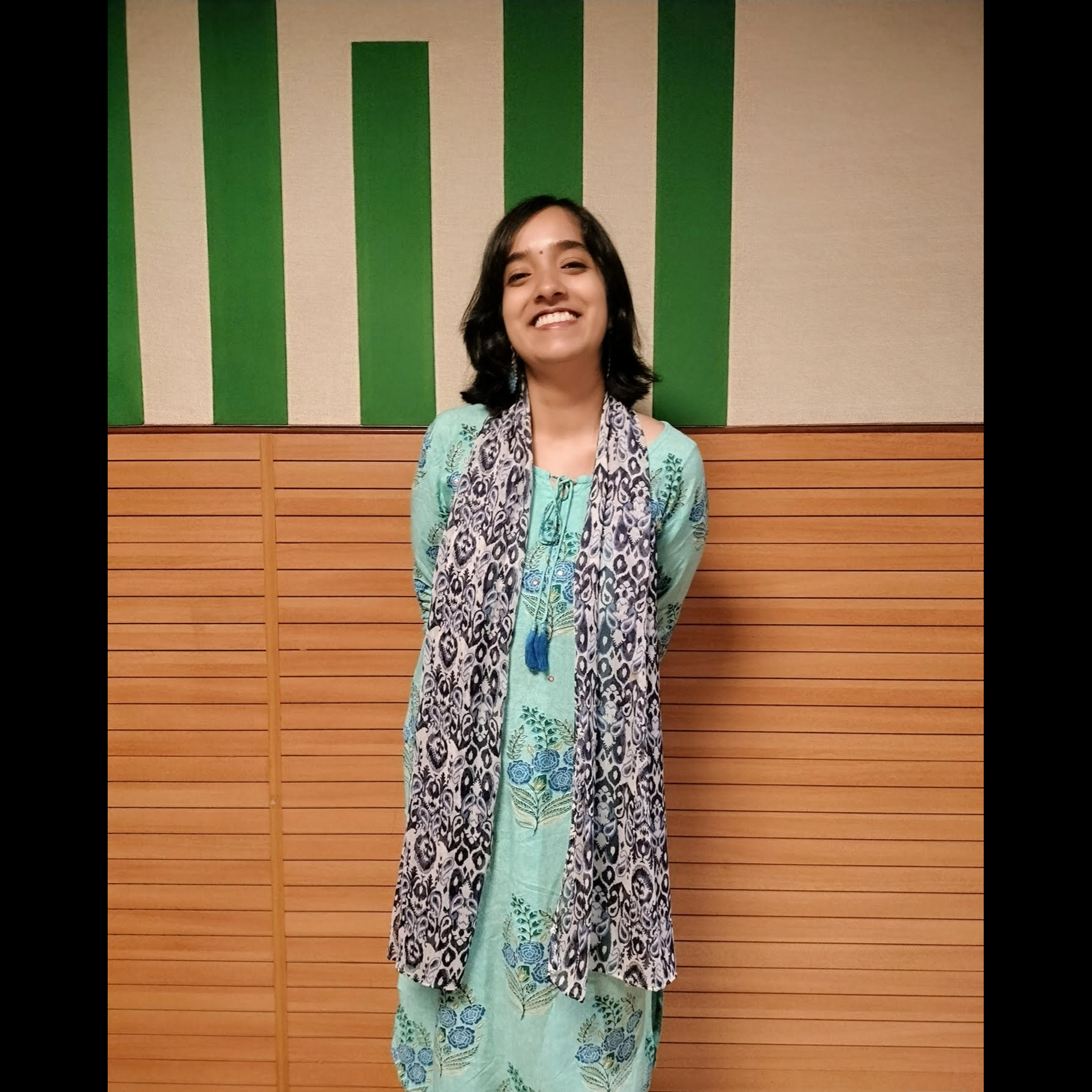Money Management For People In Their 60s
What are the best options for money management when older? Dr. Pallavi Mody poses some questions in her regular series.
My uncle started his career in the 1980s and retired in 2020 from an MNC. He had the unique advantage of having a worldview as he was participating in the global operation of an MNC. Central Banks everywhere were following a strategy of lowering rates of interest. The logic was that low-interest rates would lower the business's cost of finance, boosting the economy and leading to higher GDP growth. My uncle, a keen observer of the macroeconomics and financial markets, could read the writing on the wall, ‘Interest rates are falling the world over, and India cannot remain an exception.
My uncle had to find an answer regarding his personal finance and retirement funds. Years before his retirement, he had done a little math; what should be the corpus of funds you need for an income of Rs. 1,00,000 per month if the interest rate was 12 percent? He had arrived at the number Rs. 1 crore as a corpus to live comfortably in his golden years.

Through the years, he was building his portfolio of investments in different asset classes that included risk-free fixed-income instruments, viz. FDs, PPF, NSC, RBI bonds, and other debt instruments. He was also investing part of his money into equity instruments through mutual funds and direct equity shares of companies. Though my uncle, like other Indians, was risk averse, he understood that if he wanted higher returns, equity investment was the answer.
When he retired in 2020, the interest rates had reduced from about 12 percent to 6 percent in the past decade. My uncle’s corpus requirement increased to Rs. 2 crores to get a monthly interest of Rs. 100,000 to live a comfortable life. He was not perturbed as his portfolio of investments was larger than that. He had saved and invested in the right asset classes to get good returns.
My uncle needed to reshuffle his portfolio. He followed his original math; to get an income of Rs. 1,00,000 per month, he parked Rs. 2 crores in fixed-income instruments. He did this to live a stress-free life and not to get perturbed by the highs and lows of the capital market. The remaining money he invested in direct equity and mutual funds to get higher returns over the long term.
His friends would worry over the negative interest rates in Japan and Germany. What if the interest rates in India fell from 6 percent to 3 percent? What if the real interest rates, that is inflation-adjusted rates in India also turn negative?
What are the options with my uncle?
· He is currently comfortable with an income of Rs. 100,000 from his investment of Rs. 2 crores in fixed-income instruments.
· When the equity market is good, he should book profit, add money to his portfolio of fixed income investment, and try to increase his corpus to Rs. 3 crores. This phase may last for another ten years till he is 70.
· If the interest rates go down to 3 percent, he would have difficulty managing his monthly income. He can follow a Systematic Withdrawal Plan to supplement his income with capital consumption. This phase may last for another 10 years till he is 80.
· Assume that the interest rates are zero, there is no income from investment. If one withdraws Rs. 100,000 from the corpus of Rs. 2 crores every month, it will still last for 200 months, that is, 16.6 years, till the age of 96 years.
What would your suggestions as a reader be? Dr. Mody invites you to share your thoughts with us below.
Also read: Falling Interest Rates: A Common Dilemma by Dr. Pallavi Mody
Images courtesy: Pixabay
Comments

Anil Kumar
08 Nov, 2022
You have not considered inflation and therefore the Rs 100,000 may not be enough for the comfortable life your uncle aspires. Much may change between retirement and the age of 96.







Post a comment